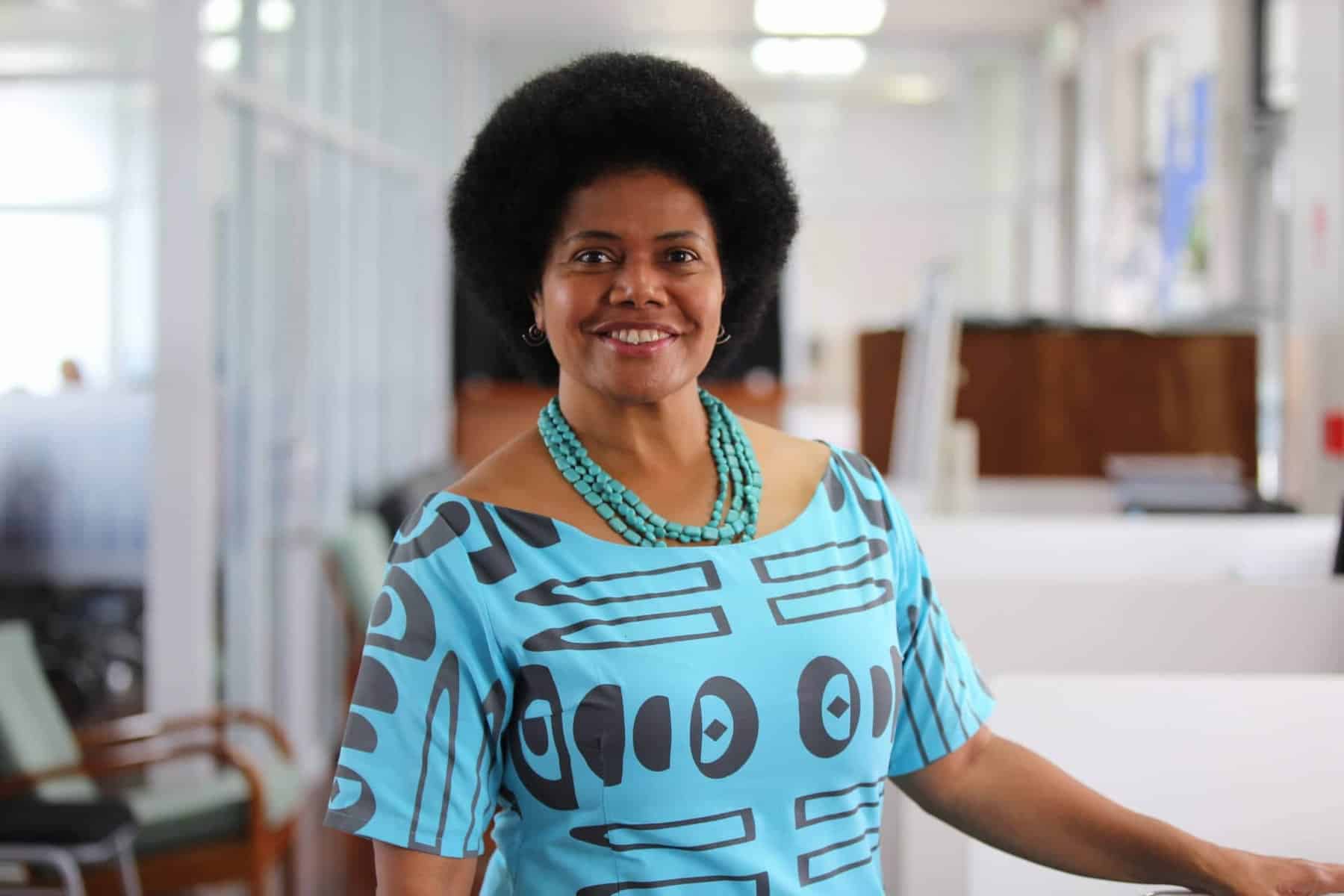is again under the spotlight as Papua New Guinea, Fiji, Australia, Wallis and Futuna and American-affiliated Pacific states and territories are all expected to hold elections this year . . .

is again under the spotlight as Papua New Guinea, Fiji, Australia, Wallis and Futuna and American-affiliated Pacific states and territories are all expected to hold elections this year . . .